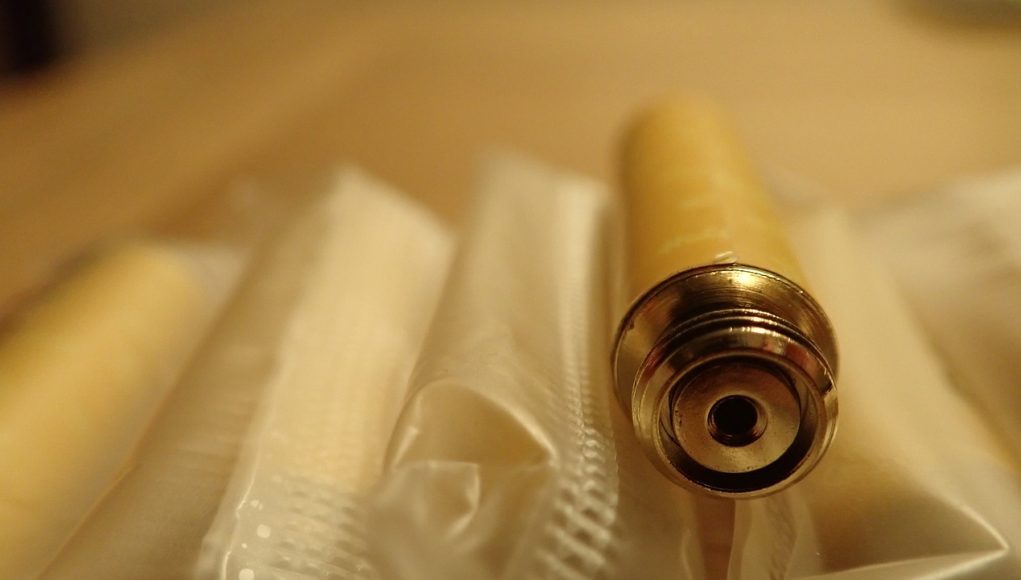In line with these data, last January online vape platform IndeJuice reported a 279% increase in sales of disposable vapes in the final quarter of 2021 compared to the one before. It has been estimated that the 7% of the UK’s population using the products are purchasing a staggering half a billion units per year, millions of which are thrown away each week.
These devices often contain rare and expensive resources, such as precious metals, which can be recovered if treated properly. However, every week many of these end up in general waste and the management of these materials such as lead, mercury, and cadmium, undoubtedly has a harmful effect on the environment.
Moreover, many of the discarded devices have batteries sealed within the unit making them difficult to segregate, and these are highly flammable. Recent research by Material Focus, a non-profit organisation which runs the Recycle Your Electricals campaign, found that more than 700 fires in bin lorries and recycling centres were caused by batteries that had been dumped into general waste.
Recycling firms face insurance issues due to fire risk from vape waste
Infact, recycling firms are reportedly dealing with so many disposables that they are struggling to get insured due to the fire risk. To this effect reported The Guardian recently, some facilities are now making the use of AI systems in order to detect vapes and their lithium-ion batteries, as well as installing fire extinguishing mechanisms.
Meanwhile, environmental groups have suggested facilitating collections, by providing consistent kerbside collections of small WEEE and batteries, together with a strong campaign to increase public awareness. Some UK councils have already seen success offering such collections, but there has been a recent call for more councils to implement this service.
Researchers have found that collections could save up to 64% of WEEE from being thrown away equating to some 99,000 tonnes. To this end, Deposit Return Schemes have been proposed for England, Wales, and Northern Ireland, and already operating in Scotland.
Similar concerns in Australia
Raising similar alarm, reports from Australia are also suggesting that the number of people using vapes has doubled between 2016 and 2019, making their disposal an environmental issue. The head of Clean Up Australia, Pip Kiernan, said that the sharp increase presents “a new and serious environmental issue” with volunteers discovering littered e-cigarettes “in increasing volumes”.
While the founder of anti tobacco waste group No More Butts, Shannon Mead, said that there is general confusion as to how vapes can be disposed of safely, adding that schools “now have buckets of confiscated vaping devices and are unclear what to do with them”. Some local councils including the City of Sydney accept vapes in their e-waste collections, but many do not due to concerns about potential leaking of battery acid and lithium.













